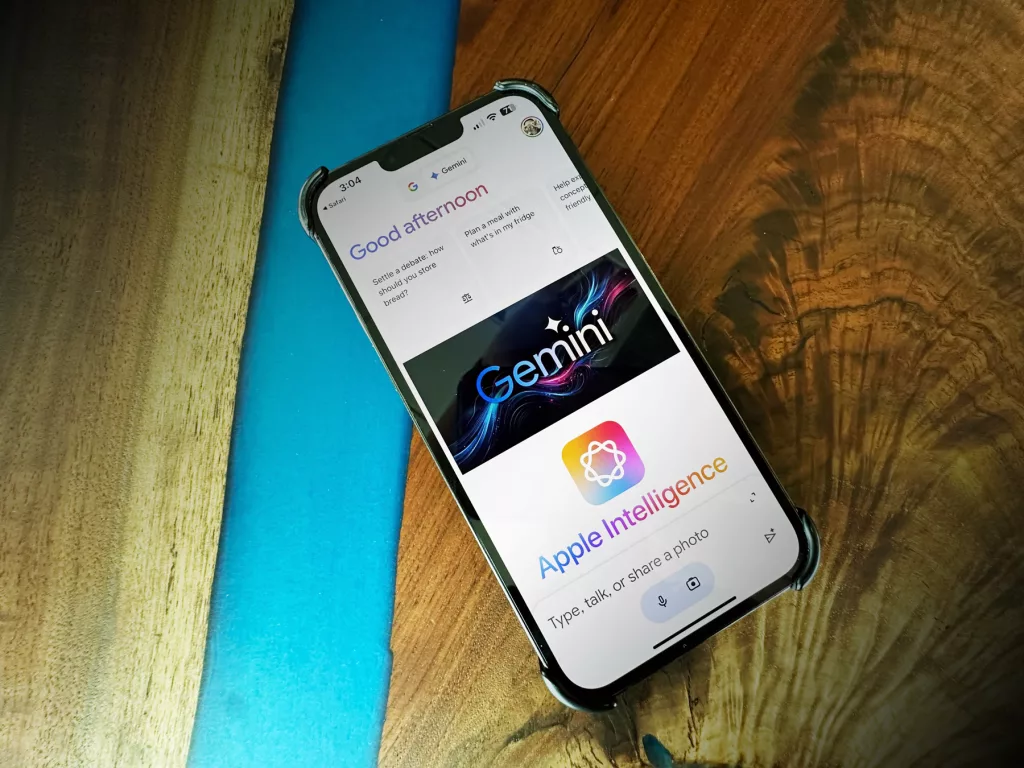Artificial intelligence (AI) is rapidly transforming the B2B marketing landscape, promising to revolutionize the way businesses approach marketing initiatives. From automation to predictive analytics to natural language processing, AI applications offer a diverse array of benefits such as improved data accuracy and speed, enabling companies to personalize and generate marketing content more quickly. However, these benefits come with potential pitfalls that require careful attention, including ethical concerns regarding data usage and possible misuse. So let’s take a look at the potential benefits, pitfalls, and future implications of AI in B2B marketing.
The Benefits
One of the main benefits of AI in B2B marketing is the ability to efficiently analyze large datasets, such as market trends and customer behaviors, that drive more targeted and effective outreach campaigns. B2B companies can gain a competitive advantage over on their clients by easily collecting, analyzing, and leveraging vast amounts of data to deepen their understanding of their audience. Additionally, accurate data analysis through AI eliminates the risk of human error, leading to greater reliability and quality of data-based decisions.
At Littlefield Agency, our analytics team has been deep into the power of wrangling data and leveraging AI to quickly gain insight into trends and customer behavior.
The Limitations
While there are considerations to keep in mind, one aspect of AI in marketing to consider is the availability of high-quality data, which may require some attention to ensure accuracy and effectiveness in AI-enabled marketing. AI, and really any digital marketing tool for that matter, will only perform as well as the data it has to work with.
AI is also notoriously “loose” with the facts. Any implementation of it requires human eyes and brains to interpret what it’s providing as relevant, worthwhile and on-target. Like other tools in the marketer’s tool belt, artificial intelligence works best in capable hands.
The Future
AI technology continues to expand and reshape the marketing industry. With many marketing technology platforms already leveraging AI algorithms, and more advancements on the horizon, the future remains bright for AI in B2B marketing. Companies that can leverage AI to generate new insights, optimize their marketing efforts, and improve data management will ultimately gain a competitive advantage in the market. However, achieving this requires implementing AI in a strategic way, one that balances the need for human expertise with machine-generated intelligence.
Implementing AI in B2B Marketing
As AI continues its growth trajectory, B2B companies must understand how to integrate it effectively into their marketing strategies. The importance of data quality is critical to ensure that the models created will yield accurate insights and predictions. They must be trained to recognize patterns and biases in the data, and automated processes need to be monitored for ethical and legal compliance. Human-driven analysis and enhancements, such as quality control and checks, can provide valuable input in refining predictive models.
What’s Next?
AI presents a wide range of potential benefits for B2B marketing. With the ability to analyze vast amounts of data quickly and accurately, marketers can gain critical insights into customers’ and markets’ behaviors, needs, and preferences. Advancements in AI technology and application also provide opportunities for B2B marketers to optimize and improve how they conduct business and plan campaigns. However, these benefits can only be realized with careful attention to the potential pitfalls of AI adoption. It is essential to ensure that the proper checks and balances are in place for responsible data management. Marketers must also be mindful of the necessary balance between AI’s predictive power and the need for human expertise, such as improved data quality and ethical considerations.
Ultimately, AI presents an exciting opportunity for B2B marketers to unlock new insights and efficiencies in their marketing efforts when applied intelligently and strategically. The future potential for AI implementation in B2B marketing indicates that companies that invest in and optimize the technology have the potential to differentiate themselves from the competition and achieve strong ROI.




